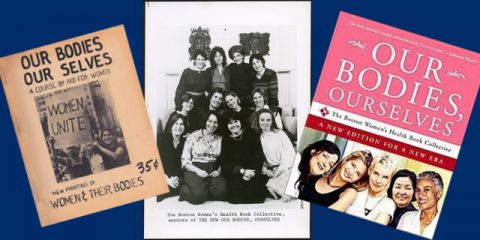By Steve Gillman What my cancer taught me about medical “evidence” and how much is enough I exaggerate. My oncologist probably does believe humans need food, but I suspect the belief makes him uncomfortable, since no double-blind studies have been done to prove it. Like many doctors, his general approach to treatment is that if something hasn’t been...
Read MoreLights, Sounds, Microglia Activation
Alzheimer’s Disease Today patients with mild Alzheimer’s Disease are being recruited for at least two clinical trials based on an interesting observation made by a graduate student at MIT. Hannah Iaccarino wondered if you could restore the brain’s gamma waves. One of the features of Alzheimer’s Disease is a loss of a type of brain...
Read MoreWashing Machines, Hand Dryers and Germs
Hand Dryers Remember when public bathrooms didn’t have hot air hand dryers? Installed to eliminate waste and improve hygiene, research suggests that they are actually great at spreading germs, right back onto your freshly washed hands. A 2018 study brought this information to people’s attention. Researchers exposed petri dishes to bathroom air...
Read MoreUsing Anger for Good
Anger is an emotion that everyone experiences from very early on. Studies have confirmed anger in infants as young as two months old. There is a lot of literature that describes anger as a negative emotion. Yet, at least one anger researcher says that “anger is a powerful and healthy force in your life. It’s good that you feel it. You need to...
Read More50 Years of “Our Bodies, Ourselves”
In 1969, at a workshop about women’s bodies and health in the Boston area, 12 women met to discuss their experiences with doctors. As they talked, they realized commonality in their stories. First, all of the women shared that they had felt ignored or dismissed during their interactions with physicians and second, all noticed that they didn’t...
Read More






